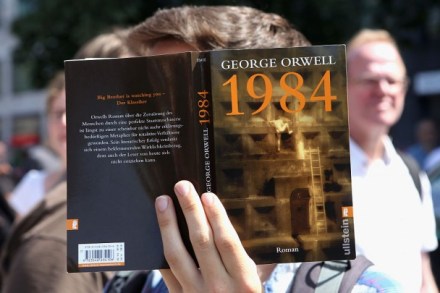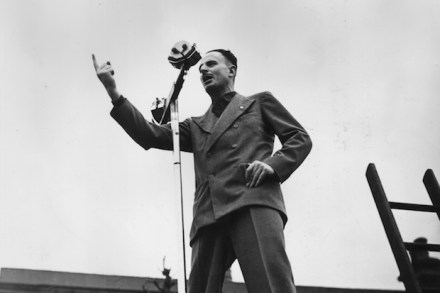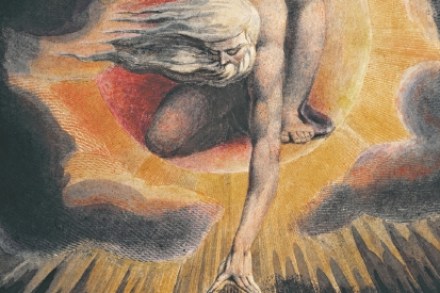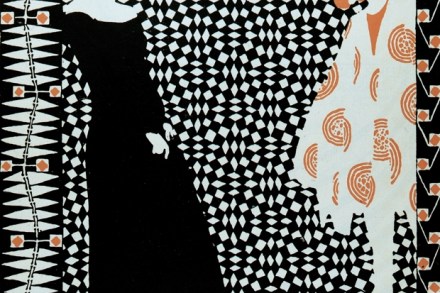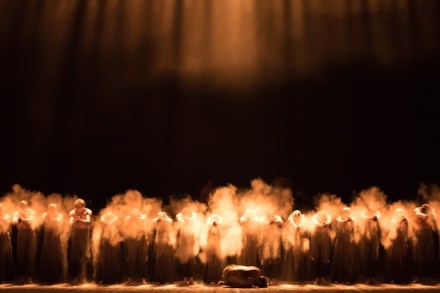No, thank you, Officer, I will not think before I speak
As my daughter was preparing for her AS level exam on 1984 this week, George Orwell’s dystopian classic loomed back into a news headline: ‘We are not the Thought Police, Chief Constable Tells Government’. Leicestershire chief constable Simon Cole, who’s in charge of the anti-radicalisation Prevent programme, told the press that the Government’s new counter-extremist and safeguarding bill risked asking the police to dictate “what people can and cannot say”. The top cop was adamant that “We absolutely don’t want to be the thought police.” Well, (to borrow from another literary classic, Evelyn Waugh’s Scoop): Up to a point, Lord Copper. The police may feel uncomfortable about being tasked with
